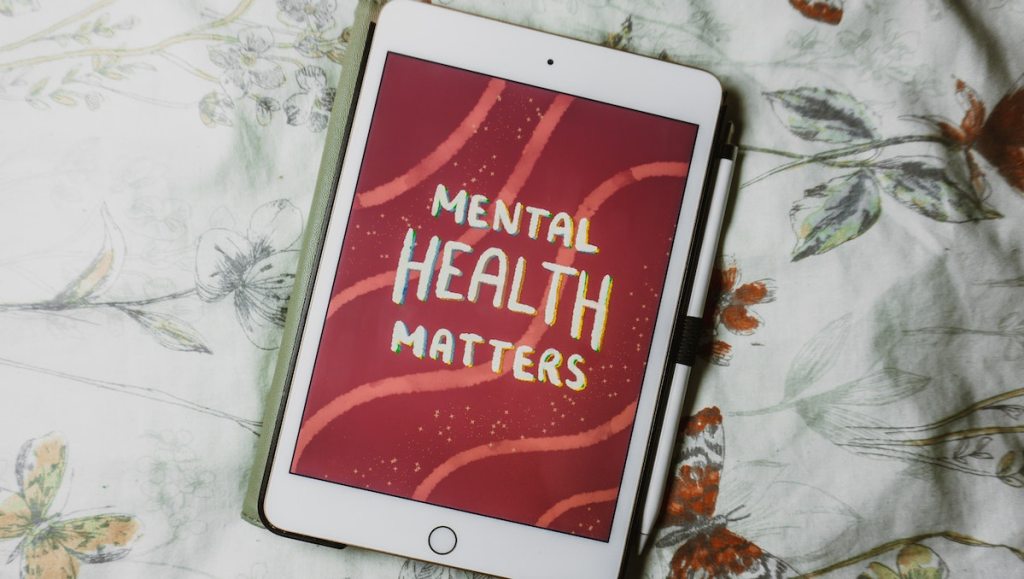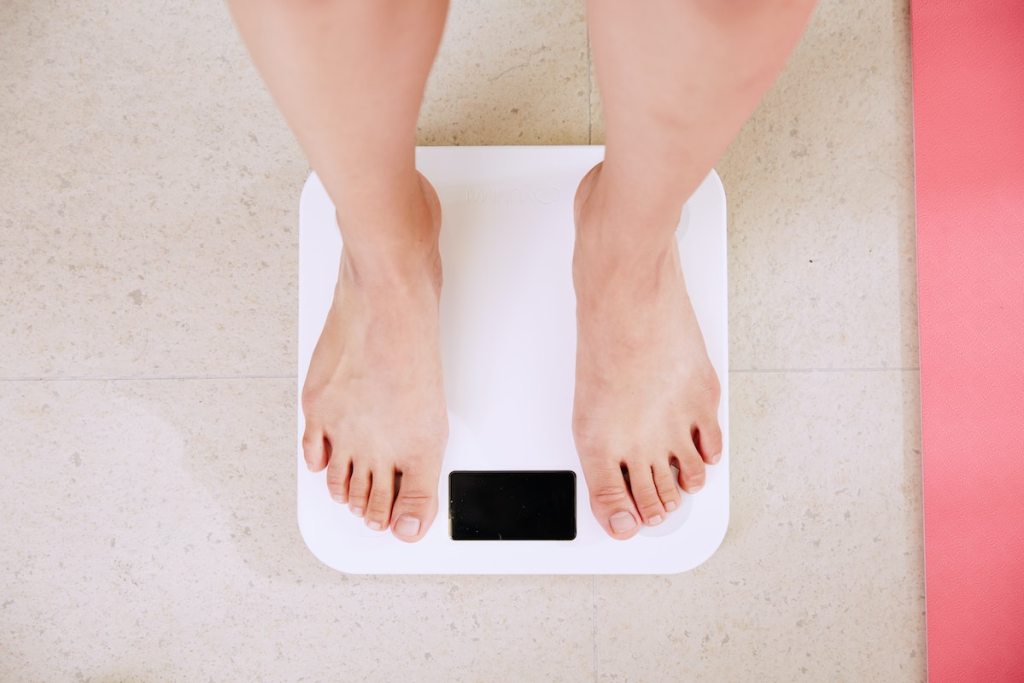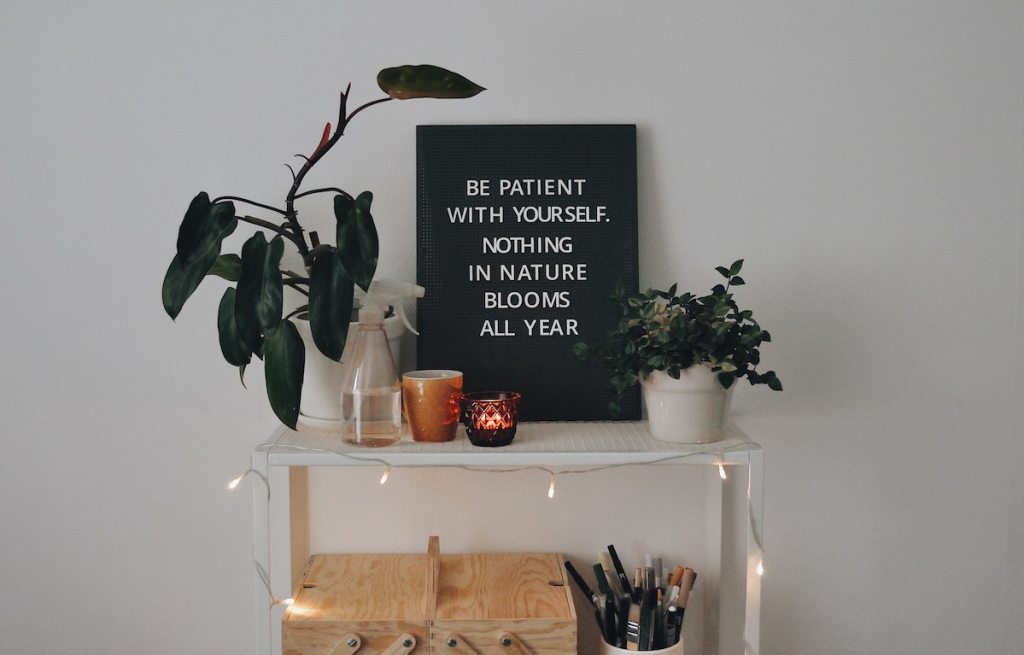Learn ways to help support your teen with these teen mental health resources and tips.

We’re here for you. ❤️
Teenage years are some of the most difficult years for everyone to navigate. We’ve put together a list of teen mental health resources and tips to help.
If you’re in a crisis now, dial 988 to reach the Suicide and Crisis Lifeline.
*Online chat is also available.

We’ve all lived through teenage years ourselves to know there are tough days for all and some really tough chapters for many.
Knowing how to navigate life with a teen can be extremely difficult, even having lived it ourselves. Life can feel heavy, lonely, depressing, helpless, and so many other emotions, but as adults, we can be there to help guide them through the other side.
Disclaimer: This post was not written by a trained doctor and is not intended to offer any type of medical advice to solve serious medical or mental health problems. If you are in a crisis, seek immediate medical help or call 988.
Below are some teen mental health resources and tips to help your teens who are struggling with mental health:
1. Listen, listen, listen.

Every single human being wants to feel heard. For many teens, simply just listening can make all the difference in their world, and oftentimes, it’s really just a matter of needing to feel heard.
I’ve always said we were given two ears and one mouth for a reason, and when talking to teens, it’s crucial to listen without judgment. Create a safe place where they can talk freely and be their sounding board. Ask them about their day and listen.
2. Take them seriously and validate how they’re feeling.

Teens are people too and their problems are real and valid. Some adults may feel like their teens’ problems aren’t a big deal in the real world, but to a teen, it can feel like the end of the world. Ultimately, this is about them, not you.
Validate them and don’t minimize their feelings or problems.
Remember, just because you validate your teen’s reality doesn’t mean you are agreeing. Rather, you are simply allowing space for their feelings to exist.
Here are some examples of invalidation (i.e. things to avoid saying or doing):
- “It could be worse…”
- “At least it’s not…”
- “You shouldn’t feel that way…”
- “I don’t want to hear it…”
- “Try not to think about it…”
- “That’s not a big deal…”
- “You should feel lucky…”
- Don’t get defensive
- Don’t give unsolicited advice
Here are some ways you can validate your teen:
- “I hear you.“
- “I can see you’re really upset. Is that what’s going on?”
- “This must be really painful for you…”
- “I can see how you’d feel that way.”
- “I see that this is really frustrating for you.”
- Be mindful of your own emotions
- Summarize what your teen said so they know you’re listening
- Look at them when they’re talking
- Stay present always
- Help them understand what they’re feeling
3. Find ways to show love and support outside of your conversations to maintain open communication.

Feeling supported outside of difficult conversations is important to maintain a safe and open relationship with your teen. By intentionally having positive interactions every day with your teen, they’ll be more likely to open up when there’s a problem. Remember that not every conversation or interaction has to involve a life lesson.
This also goes far beyond the things you say, and without realizing it, you can foster a better bond the more consistent these habits become.

Here are some positive ways to build your relationship and get your teen to open up:
- Tell them you love them.
- Avoid giving your teen lectures.
- Point out the great things they’re doing or achieving.
- Let them hear you brag about them to others and never let them hear you point out their flaws to others.
- Let your teen help you cook dinner and maybe even pick dinners from time to time.
- Avoid routine questions like “How was your day?”, instead ask richer questions like “What was your favorite part of today?”.
- Let them choose the music in the car.
- Go for a walk together and spark a casual conversation so they don’t have to make direct eye contact.
- Engage in their safe places like their room or their favorite place to hang out.
- Allow them to pick a movie for movie night.
- Show interest in some of their hobbies and do them together.
4. Reassure your teen that they’re not alone and their “now” is not forever.

Regardless of what your teen may be going through or how they’re feeling, they are never alone so it’s important to let them know. Remind them that today is a moment in time and that nothing lasts forever and things will get better.
Sometimes giving them perspective on a situation helps such as asking them “Will this matter to you in 5 years?”. This will give them an opportunity to really think about their situation and evaluate where they see themselves tomorrow, in one week, or a year from now. Ask them how you can work to make it better together. Simply knowing they don’t have to get through something alone makes all the difference.
5. Give your teen something to look forward to.

Everyone loves something to look forward to in life and the anticipation of something to look forward to can provide good energy to a teen who is struggling with day-to-day despair.
Here are some ideas to give your teen something to look forward to:
- Start going on weekly outings together such as grabbing an ice cream, window shopping, golfing, picking a new hike, etc.
- Talk about their future goals for themselves such as college, a job they’d really like to have, etc.
- Incorporate a family game night or something just the two of you can play together like cards.
- Write fun events on your calendar and talk about them whether it’s a trip or a concert you plan to go to together.
6. Introduce your teen to daily journaling.

According to usa.edu, journaling is proven to improve mental health, encourage self-confidence, boost emotional intelligence, help achieve goals, inspire creativity, boost memory, enhance critical thinking skills, heighten academic performance, improve physical health, and strengthen communication skills.
This is a daily practice everyone can benefit from, not just teens, so I encourage you to do this as well! Journaling allows people to slow down their thoughts and prioritize their emotions, concerns, and fears.
Here is a science-backed journal that can help guide your teen who is struggling:
Big Life Journals make age-appropriate, science-back journals for all ages including tweens and teens. Each journal contains effective tools and resources to help teens develop a growth mindset so they can face life’s challenges with confidence. Those who use this journal are proven to have higher self-esteem, greater resilience, strengthened love of learning, lessened fear of failure, and willingness to take on challenges.
If your teen is journaling on blank pages and needs some direction, using journal prompts geared toward mental health is a great way to start journaling with intention.
Refrain from reading your teen’s journal and instead ask if they want to share what they wrote. Reading anyone’s journal without their knowledge is a violation of trust and bulldozes healthy boundaries.
7. Keep your teen active and engaged and get fresh air whenever you can.

Whether your teen is involved in sports or you make it a priority to get outside together, it’s important to keep them engaged and active. Being a part of a team or a youth group gives teens a purpose and can also help build their self-esteem.
Getting outside in nature is also extremely beneficial for teens struggling with mental health.

These are the major benefits of getting outside:
- It lessens anxiety
- Reduces stress
- Gives you vitamin D which benefits your body and its immunity
- Encourages exercise
- Improves your focus
- Walking outside encourages conversation
- Improves your sleep
- Boosts creativity
- Improves self-esteem
8. Make sure your teen is getting adequate sleep and avoiding sleep deprivation.

Good sleep patterns play an extremely crucial role in a teen’s development and well-being, so assessing their sleep schedule is especially important for teens struggling with mental health. In fact, studies show that avoiding sleep deprivation can protect teens from serious consequences like depression or drug use.
According to the CDC, children aged, 6–12 years should regularly sleep 9–12 hours per 24 hours, and teenagers aged 13–18 years should sleep 8–10 hours per 24 hours. You can also incorporate new habits such as banning technology at night and encouraging afternoon naps.
9. Be aware of their exposure on all social media.

While social media can be a great place to be creative and build social networks, it’s no secret that the negative effects it can have on teens are frightening. Mayo Clinic studies show that teens who use social media for more than 3 hours a day are at a much higher risk for mental health problems so limiting screen time should be your first step.
Here are some ways you can encourage responsible social media usage:
- Monitor their accounts and actually follow through. It’s important for teens to know you’ll be checking in on their accounts, but it may be best to do this randomly and regularly if you feel your teen could be hiding something.
- Keep healthy limits always. The reality is that social media is addicting. Set healthy limits for your teen even if that means taking their devices during crucial hours like bedtime and when they’re alone in their room for extended periods of time.
- Talk to them about good self-conduct. Gossiping, spreading rumors, bullying, or damaging someone’s reputation is never okay. Discuss how your teen can safely interact on social media with grace and responsibility.
- Make social media a part of your conversations. To know what’s going on in your teens’ life, keep your lines of communication open. Ask how it makes them feel, share how you use it, etc.
- Encourage more in-person communication. For teens, friends are life. Find out who the good influencers are in their life and encourage them to get together whether at the house or for fun outings together.
10. Stick to a routine.

This may seem like a simple solution, but creating structure in a teen’s life where there isn’t any can especially have a huge impact on teens struggling with mental health. Sticking to a routine can also greatly impact your teen’s stress levels, give them a sense of accomplishment, lead to better sleep and health, and sets an example for their peers. Remember, routines can be fun and don’t have to be boring and mundane.
Hip Tip: Here are some simple morning routines that everyone can start implementing daily to make their whole day better.
11. Make sure your teen is eating well.

No one can perform to their full potential without the proper nutrients to fuel their bodies. Good nutrition plays a major role in a teen’s mental health and is proven to reduce anxiety, improve the ability to focus, and have an overall happier outlook on life.
Parents of teens know it’s difficult to keep track of every single meal they’re eating especially if their schedule is busy and it doesn’t always allow for a sit-down dinner. When you can make the time, make sure you’re fueling them with high-quality whole foods that are rich in fatty acids and vitamins, and high in protein, and avoid overly processed foods.

A recent WebMD study showed the connection between good food habits and teen mental health:
It found that teens with more awareness of their body’s responses to food were less likely to develop a number of problems including depression, low self-esteem, dissatisfaction with their bodies, attempts at extreme weight control, and binge eating as an adult. 😱 Therefore, discussing good food choices is just as important as eating them.
12. Let them have mental health self-care days from time to time.

Sure, there are limits to this when you have a teen in school. Plus, making sure their responsibilities are taken care of is always important as well. However, if you feel like your teen simply needs a break from the daily grind, let them.
Allow them the right to put themselves first when it’s desperately needed – take a day off, relax, or do whatever will feel good for them. Remember, many times self-care is time we spend with ourselves so it’s okay to give them some space.

Here are some self-care ideas that your teen may really enjoy:
- Sit outside in the sunlight
- Do something creative like color or build something
- Listen to their favorite music
- Taking a bubble bath
- Journal some things they’re grateful for
- Try something they’ve always wanted to do
- Practice yoga or meditation
- Playing with a pet outdoors
- Going for a long walk in nature
- Start a new skincare routine
- Exercise and sweat
- Visit a favorite place
- Cook or order a favorite meal
- Get some things organized
- Rearrange their room
- Disconnect from electronic devices for a day
- Be still and relax with yourself
13. Start going to therapy.

Some topics can be really difficult to discuss if we’re unsure how to help our teen navigate through them or simply can’t find a solution to their problem. In this case, a licensed therapist can help you and your teen pinpoint specific problems and understand their emotions. Sometimes, a third party is necessary in order to get to the real root of a teen struggling with mental health, but it can truly be beneficial for everyone and make bonds stronger.
You can start by using local resources such as your teen’s school therapist, or a social worker, or vet a more specialized therapist through your insurance. Remember, that it’s very important to feel a connection with your therapist so if the first one doesn’t feel right, try another one until you find the right fit. Local group therapy with peers going through similar situations may also be beneficial for your teen.

Need something more hands on?
Consider an Intensive Outpatient Therapy (IOP) near you to help address addictions, depression, eating disorders, and more. Your teen struggling with mental health will still live at home during this program but will undergo several hours of intense onsite treatment at a rehab facility fit for their schedule. Regular meetings will consist of scheduled appointments with doctors, psychologists, and therapists, and they’ll still be able to do things such as attend school.
Find an IOP near you at americanaddictioncenters.org.
An Inpatient Rehab Facility may be more appropriate for teens struggling with problems where they require 24/7 supervision or if their life is at risk.
The Trevor Project is one of the best teen mental health resources for those in the LGBTQ community.
The Trevor Project is the largest suicide prevention and mental health organization that provides 24/7 crisis support services to LGBTQ young people. You can call, text, or chat anytime to reach a trained counselor. Not only is this nonprofit available in the USA, but their services are now available in Mexico as well.
Hip Tip: Our team tested Better Help, which is an affordable online therapy platform and we have a code to get you 25% OFF.
14. Get your teen involved with a program where they feel valued and can have a sense of accomplishment.

Involve your teen in something they’ll feel they’re making a difference in such as a volunteer program at a local food bank, grocery shopping for an elderly neighbor, helping out at an animal shelter, offering free music lessons, or tutoring young students.
The options are truly endless, but the goal of this tip to help teens struggling with mental health is to help them feel a sense of worth, value, and purpose in this life. They may not love the idea at first, but consistent positivity and good vibes are sure to have a lasting effect.
Help your teen find their voice by joining dosomething.org – one of the largest nonprofits across America exclusively for young people and social change. Members will impact themselves and their community by participating together in campaigns and programs to take action on causes they care about.
15. Join NAMI to advocate, support, educate, and provide public awareness on mental health.
NAMI: National Alliance on Mental Illness gives all individuals and families nationwide who are affected by mental illness the ability to build better lives.
They offer educational programs, advocate for individuals and families affected by mental illness, and operate a toll-free helpline. You can even bring NAMI: Ending the Silence to your school or youth group which is a program designed for middle and high school students. Head here to learn how to join NAMI today.

We hope this list has helped you find ways to connect with any struggling teens in your life. ❤️
!doctype>


